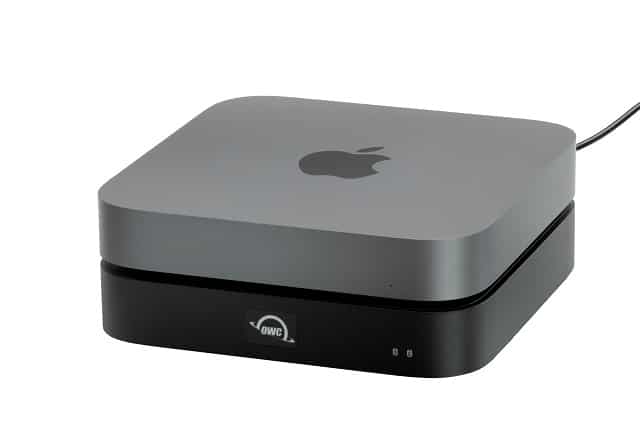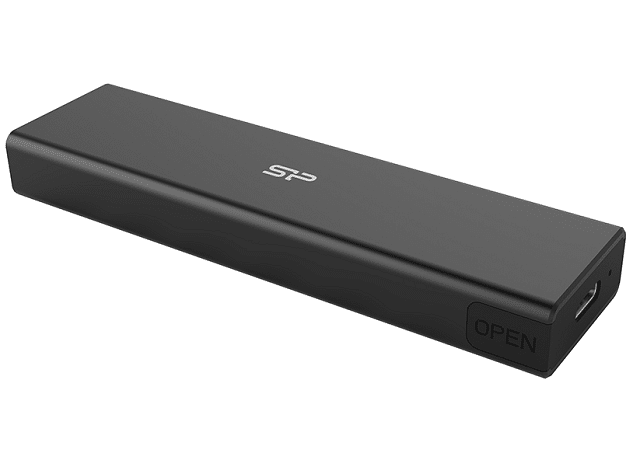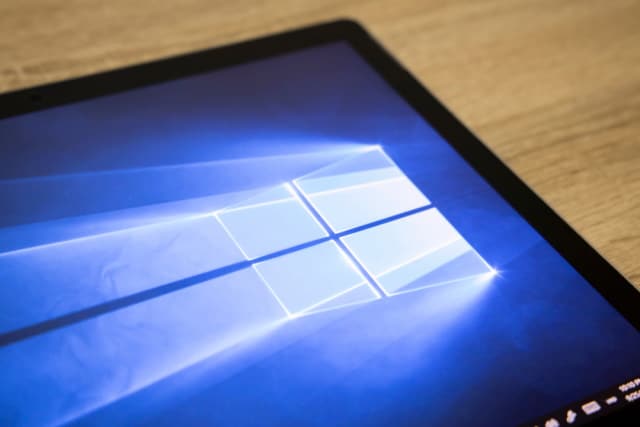
OWC miniStack STX makes Apple Mac mini even better
Is the newest Mac mini (2020) a good computer? No. Actually, it is a great computer! Thanks to Apple's incredibly efficient ARM-based M1 processor, the low-priced Mac mini is shockingly powerful while being almost entirely quiet. I say "almost" because it technically has a fan that can make noise, but I have personally never heard mine spin up once -- even when pushing it fairly hard. I highly recommend the diminutive desktop.
Is the Mac mini perfect? Well, no. For instance, it is heavily lacking in the ports department. Besides HDMI, 3.5mm audio, and Ethernet, it only has two USB-A and two Thunderbolt 4 ports for expandability. Plug in a wired mouse and keyboard, and you now have zero available USB ports. Ugh. Not to mention, you cannot add additional internal storage drives.

Silicon Power PD60 USB-C enclosure turns any M.2 SSD into a portable storage drive
NVMe solid states are insanely fast and getting more affordable every day. It is for this reason that most consumers should opt for them when possible -- they put SATA variants to shame. Even if you don't need the extra performance of an NVMe SSD, the ever-lowering prices make them a no-brainer.
While most people probably think of NVMe SSDs as something to go inside a computer, they also make exceptional external drives -- when paired with an enclosure, that is. Today, Silicon Power launches its latest USB-C enclosure. Called "PD60," it is compatible with both NVMe and SATA M.2 SSDs.

Thunderbolt NVMe SSDs are causing problems in Windows 10
If you're running Windows 10 version 20H2 or Windows 10 version 2004, you may well be experiencing problems if you're using a Thunderbolt NVMe SSD. There are also update compatibility holds in place for people trying to upgrade to these versions of Windows 10.
Microsoft has acknowledged an issue that causes such Solid State Disks to generate blue screens in recent versions of Windows 10. People affected by the issue will see an error that reads "DRIVER_VERIFIER_DMA_VIOLATION (e6) An illegal DMA operation was attempted by a driver being verified"; Microsoft says a fix is being worked on.
